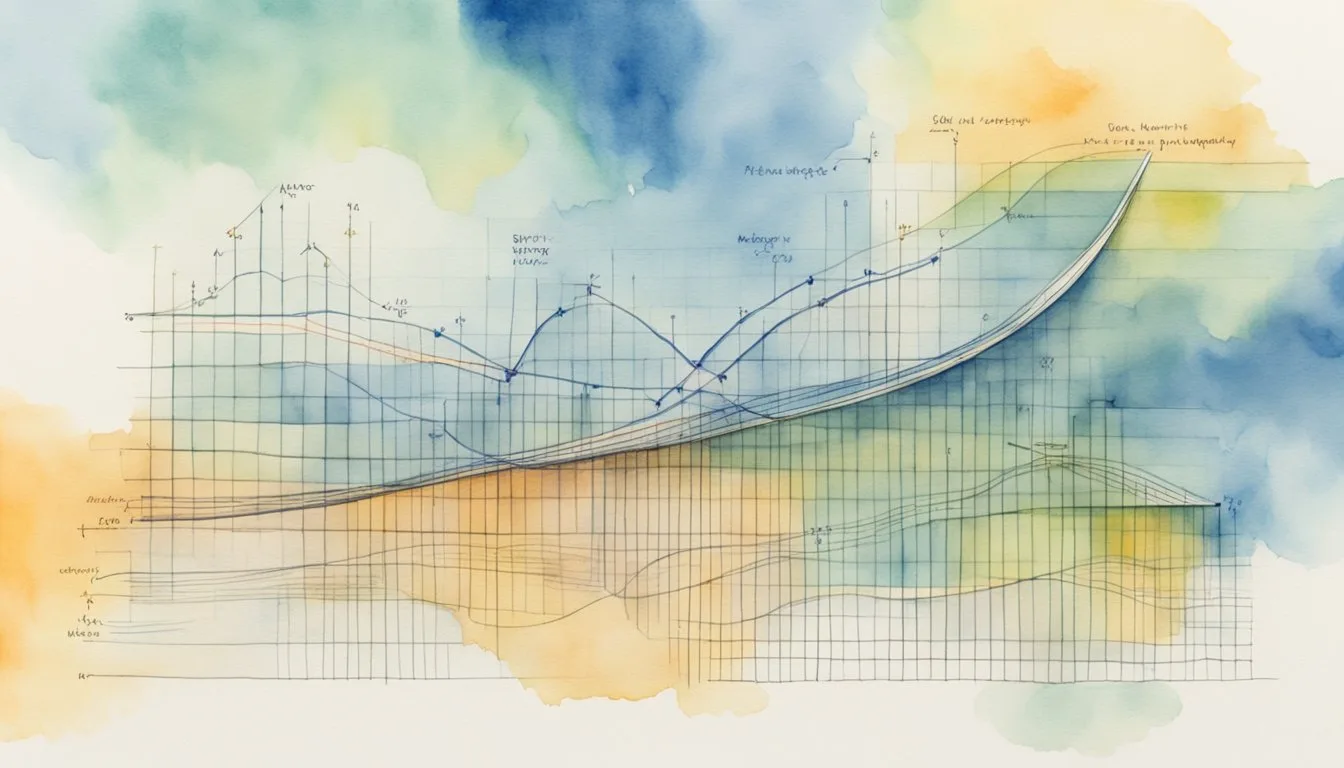Understanding the Dunning-Kruger Effect
This section delves into the intricacies of the Dunning-Kruger Effect, exploring foundational research, psychological mechanisms, and real-world applications, illuminating how this cognitive bias shapes self-perception and competence.
Foundational Research and Experiments
The Dunning-Kruger Effect, named after psychologists David Dunning and Justin Kruger of Cornell University, emerged from a series of experiments. These experiments demonstrated that individuals with limited knowledge or skills in a particular area often possess a disproportionate level of confidence in their abilities. Early experiments asked participants to self-assess their competence in areas such as humor, logical reasoning, and grammar, with results indicating that those with lower ability consistently overestimated their competence compared to their peers. Read more about the foundational experiments on Verywell Mind.
Psychological Underpinnings and Mechanisms
The root cause of the Dunning-Kruger effect lies in metacognition, or the ability to evaluate one’s own knowledge and decision-making. Those with lower metacognitive ability struggle to recognize their own lack of competence, leading to inflated self-assessments. A lack of self-awareness and a misunderstanding of standards for skill and intelligence contribute to this overestimation. The role metacognition plays in this bias provides insight into why some individuals are more susceptible to this effect than others. Discover the psychological mechanisms on Psychology Today.
Application of the Dunning-Kruger Model
In the real world, the Dunning-Kruger model has implications ranging from education to daily decision-making. People’s inability to accurately assess their knowledge can lead to mistaken conclusions and decisions rooted in misinformation. On the contrary, those who are highly competent may underestimate their skills, a phenomenon comparable to impostor syndrome. Understanding the effects of this cognitive bias is critically important in addressing both personal and societal challenges involving judgment and expertise. Learn about the application on Wikipedia.
Implications and Reflections in Society

The Dunning-Kruger effect has profound significance within societal structures, influencing how individuals perceive their own abilities and the decisions they make in various contexts.
Social and Political Effects
In the realm of politics, the Dunning-Kruger effect can manifest through overconfidence in one’s own knowledge leading to misinformed stances and choices. It particularly affects poor performers who, due to their lack of knowledge, often fail to recognize the correct logic in political arguments. This phenomenon contributes to the spread of misinformation and stubbornness in incorrect beliefs, which can exacerbate issues like racism and sexism due to unfounded certainty about incorrect views.
Educational and Professional Impact
Within education and business, the Dunning-Kruger effect highlights the often sizable gap between perceived and actual skills. For example, the effect could explain why some students may overestimate their literacy and logic abilities, or why some professionals may inaccurately assess their performance in medicine or driving, leading to regrettable errors. It emphasizes the need for educational systems to focus on not only knowledge impartation but also on teaching accurate self-assessment skills.
Personal Growth and Self-Reflection
On a personal level, the Dunning-Kruger effect can impede personal growth and self-reflection. The dual burden of incompetence involves not only the inability to perform a task well but also the inability to accurately recognize one’s inadequacies. This can hinder an individual from actively seeking ways to improve their abilities or to correct their behavior in various aspects of life, such as social interactions, where an understanding of the effect might encourage humility and more considered self-evaluation.

